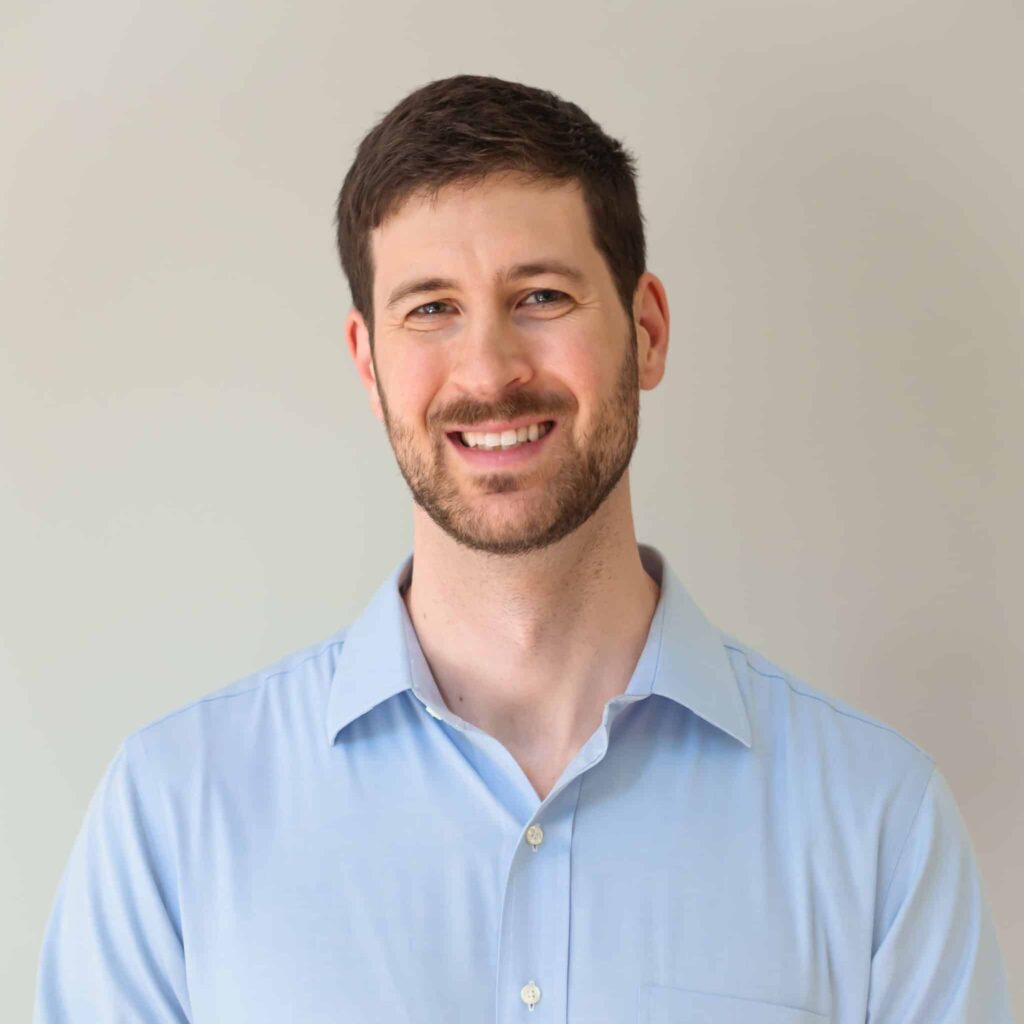As a graduate student in genetic counseling, I wanted a Capstone research project that I deeply care about on a personal level. I knew that if I had an intrinsic interest in the research and felt that it would benefit others, I could do my best work. In thinking about my research topic, I took the time to reflect on my professional and personal experiences. I thought about my time working with pediatric and young adult cancer patients as a patient advocate at Duke University Hospital.
Before my role as a patient advocate, I had worked for ten years as a mental health counselor, working with adolescents and children. As a patient advocate, I was pleased to learn that I had been assigned to the Duke Women’s and Children’s Hospital clinical service units as I have always enjoyed helping adolescents and their parents navigate this often-challenging period of development. However, my role as a patient advocate at Duke began as the COVID-19 pandemic hit. While the initial lockdowns and visitor restrictions were difficult for all patients and their families, my involvement with one mother and her 18-year-old son with cancer stood out to me. The patient’s mother explained that even though her son had just turned 18, he was not comfortable staying alone overnight at the hospital for his upcoming cancer treatment. She advocated for him fiercely and shared with me how much his development and identity had been affected by his cancer diagnosis and subsequent treatment. Due to years of cancer treatment, he did not have the same opportunities as many young adults to establish a sense of autonomy and independence. By sharing this information and working closely with his oncologist, significant changes were made to his chemo regimen, allowing it to be an outpatient procedure rather than inpatient. Through this experience and other similar experiences with adolescent and young adult (AYA) cancer patients, I began to understand the extraordinary impact that cancer during this time can have on both patients and their families.
I have also personally experienced the impact that cancer has on a family. Shortly before I began working as a patient advocate, I lost my mother to cancer and was very involved in her care until the time of her death. Moreover, my mother also lived the last 25 years of her life with a very rare lung disease. Throughout my adolescence, I saw the challenges she faced living with a rare disease. I saw how rare disease patients are often misdiagnosed, underserved, and face financial challenges. Additionally, the impact on one’s social life can be significant. It can be difficult for others to understand what these patients are going through and how their life is affected. This lived experience led to my volunteer work for several years as a patient advocate for the Rare Genomics Institute in the rare disease community. When I see vulnerable and underserved individuals, I am driven to contribute in some way to reducing this inequity.
My initial investigation into the literature on AYA patients and survivors revealed that these individuals face similar challenges. The literature indicated that the emotional and physical burden on AYA survivors is significant with often many unmet needs. After cancer, individuals often have questions about cancer recurrence, fertility, and cancer risk to future children. I shared this information with my Capstone advisor, who connected me with a cancer genetic counselor at the University of North Carolina. She shared that she was also interested in researching genetic counseling and the AYA patient and survivor population as, from her professional experience, they were underserved and could potentially benefit from genetic counseling.
For my Capstone research project, I really wanted to hear directly from the AYA community themselves. While the genetic counseling literature indicated that genetic counselors might be well situated to help meet some of the unmet needs of the AYA patient and cancer survivor population, there were still outstanding questions, such as the timing of referrals to genetic counselors, among others. Although there are professional guidelines that indicate when a referral to genetic counseling should occur, I wanted to capture the perspective of AYA survivors. Furthermore, the literature identifies misconceptions about genetics that could potentially alter planning family and reproductive decision-making. Recent studies have also indicated that genetic counseling is underutilized in the AYA cancer survivor population. I hope that my research will inform the referral process to genetic counseling and identify potential benefits to genetic counseling for all AYA cancer survivors.
Throughout the research process, I’ve also tried to go beyond the academic literature to gain insight into the AYA perspective. From listening to the stories on StupidCancer.org to reading articles published in Elephants and Tea, I’ve appreciated the honest conversations about grief and the many unique challenges and experiences. Too often in our culture, we are uncomfortable discussing grief or a medical diagnosis such as cancer. They are viewed as something that “happens” and should be “moved on from.” However, I think this approach makes these experiences even more isolating and difficult and clearly does not speak to the lived experiences and reality of life after cancer. Instead, common themes I’ve seen include the importance of integrating these experiences, acknowledging the emotional complexity of life after cancer, and creating a space where it is okay to “not be okay.”
In reflecting on the research process at this point in time, I am grateful that the experience has fostered my own emotional growth, and I hope that I will be able to give back to the AYA cancer survivor community when I’m able to publish the study results.
By: Raphael Smith

